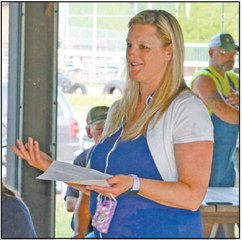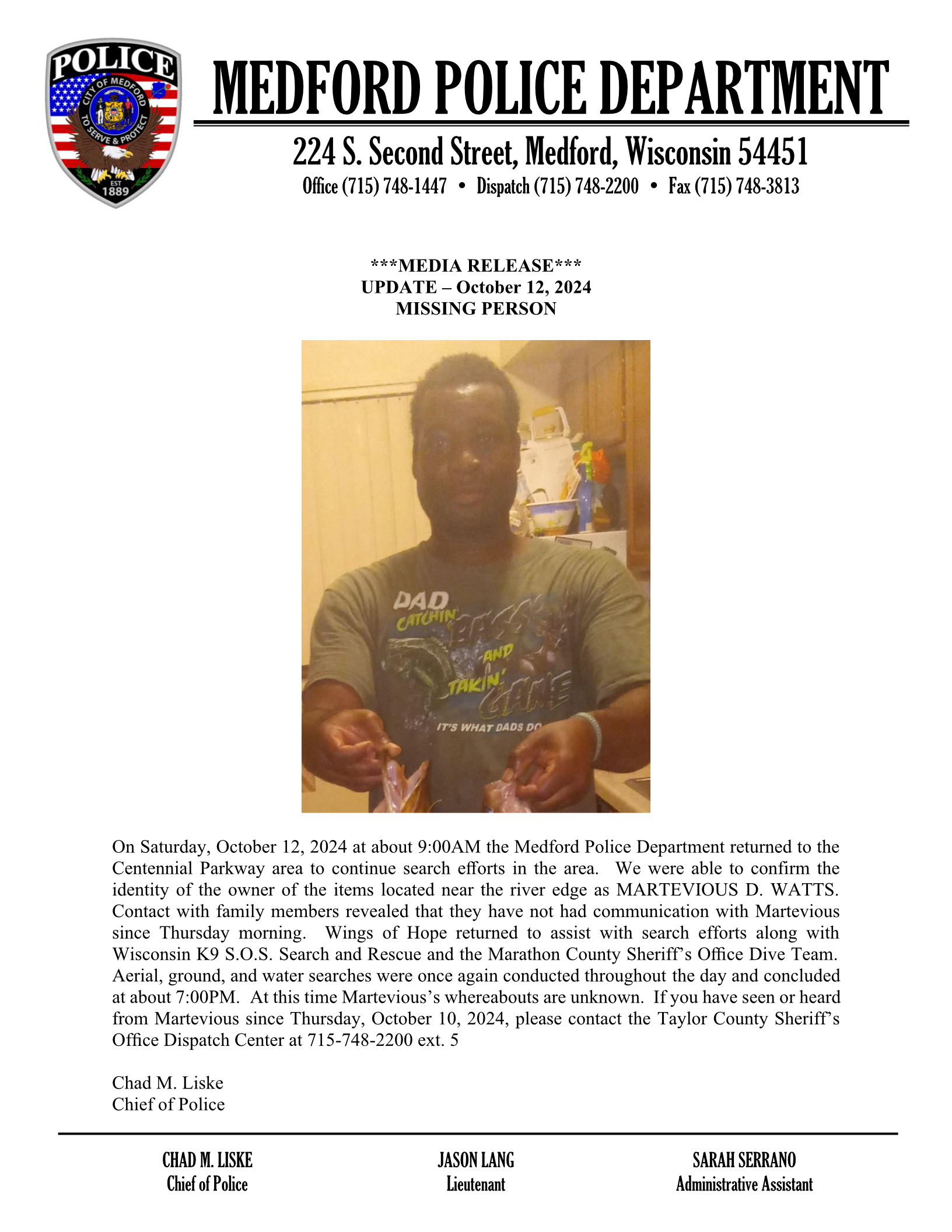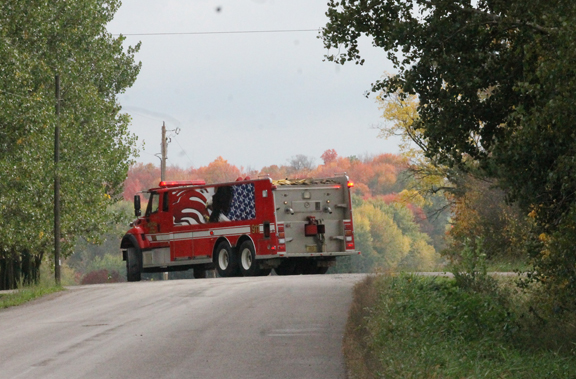Chippewa County remains on low end of COVID cases


What can, and cannot, be held, has been on minds of late, with the COVID-19 pandemic that has canceled events throughout the state since March. To help give guidance, Angela Weideman, Chippewa County Public Health director, was on hand June 18, in Cornell, to address questions.
“Sadly, we do have people in Cornell, that have tested positive for COVID-19,” said Weideman.
Weideman says she wants to see people celebrating and having fun, but in a safe way. There have been more than 65 cases of the virus confirmed in Chippewa County, since March.
“This year, the health department is recommending for summer activities, that people do try to limit their interaction,” said Weideman.
It’s recommended that outdoor gatherings of 50 people or less be observed, with indoor gatherings of 15 or less. The health department also is asking that social distancing be observed.
Cornell City Council member Terry Smith questioned why riots happening around the country are alright, but events such as music fests and dances are frowned upon. Weideman says she is not OK with riots, but that the activity recommendations are just that, and that the health department has no legal power to have the sheriff fine or arrest anyone.
“I’m honestly not trying to scare anyone,” she said. “Everything I’m saying is a recommendation. Currently, Chippewa County does not have an (health) order.”
Mayor Mark Larson asked how many new cases appear in the county each day, to which Weideman said there is typically one new case per day.
“It does kind of go up and down,” said Weideman. “We are going on a downward trend, compared to some of the counties in our region that are going up.”
Weideman says the department hasn’t seen a lot of tracing contacts in bars yet, as far as exposure goes. The way the virus spreads, is by having close contact (within six feet) of a person.
“So, if you just walk into a grocery store, you’re not going to get COVID-19,” said Weideman. “If you spend time with somebody who is positive, within six feet for 15 minutes, that’s when you’re at risk.”
Steve Turany, council member, asked how many out of the more than 65 people who tested positive in the county, had been hospitalized. Weideman said there had been eight who needed hospitalization, with zero deaths. Some had been put on ventilators, with a couple who were near death, but they did pull through.
Weideman said the one individual who almost died, had a previous underlying condition, while the other did not.
“Of the 66, how many of those were asymptomatic?” asked Turany Around 30 percent of the cases have been asymptomatic, but Weideman says they have not started asymptomatic testing and only discovered the percentage, because people came in for surgery and had to have a COVID-19 test performed, prior to the surgery.
Turany asked how many people in the county passed away from influenza since the start of the year, but Weideman says she is not sure, although she says they do lose a lot of people each flu season, especially older people and those with underlying conditions.
“But, it’s more than COVID, though?” said Smith.
Weideman agreed, as the county hasn’t lost anyone as of yet to COVID-19.
“We’ve been lucky,” she said.
She also says she doesn’t know if someone can get the virus again, because it is still so new a strain and they don’t know how the virus works. Floyd Hickethier, council member, said his daughter is a nurse in the Twin Cities, and she, another nurse and a doctor, had the virus, then contracted it again.
Weideman said she doesn’t know anyone who re-contracted the virus, but did share that 30-39 seems to be the highest age bracket infected in the county.
“The virus in some areas, is starting to spread a little more rapidly,” she said. “Thankfully, in Chippewa County, it’s slowing a little bit. I would like to keep it that way.”
[caption id="attachment_69392" align="alignnone" width="243"] Angela Weideman, public health director for Chippewa County, explained how many cases the county has had and her recommendations for community gatherings, at a Cornell City Council meeting June 18. Photo by Ginna Young[/caption]
Angela Weideman, public health director for Chippewa County, explained how many cases the county has had and her recommendations for community gatherings, at a Cornell City Council meeting June 18. Photo by Ginna Young[/caption]


